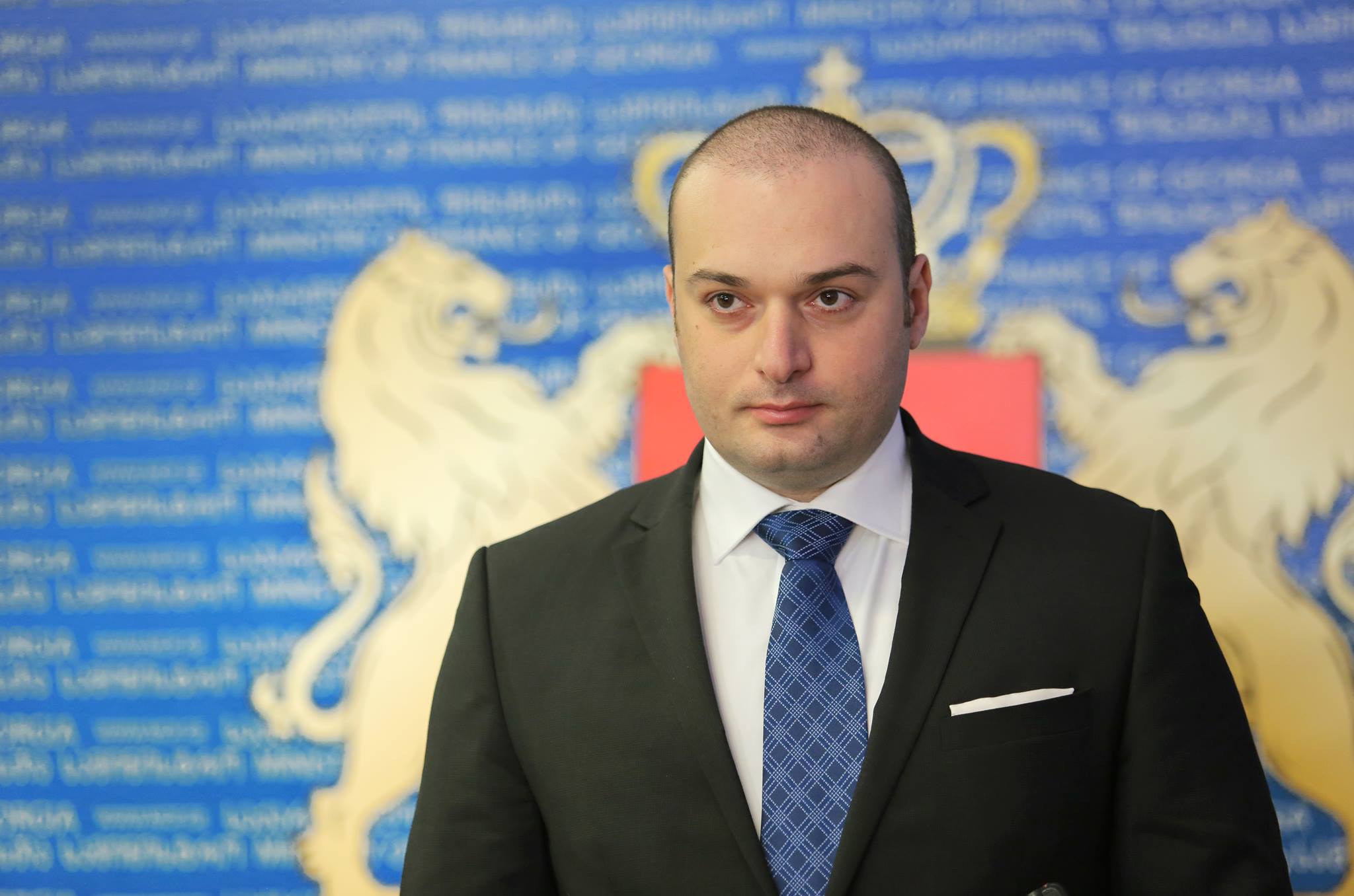
Prime Minister Mamuka Bakhtadze Announces Resignation
The Georgian Prime Minister Mamuka Bakhtadze, who held the prime ministerial post since June 2018, announced his resignation via his official Facebook page on Monday, September 2.
Bakhtadze summed up the challenges and achievements of his tenure in his long resignation letter, since during his 14-month tenure he did get to deliver a habitual annual address to the Parliament.
Rumours of cabinet reshuffle have been circulating in the Georgian media for almost a month, but has been dismissed by the ruling party until very recently.
Mamuka Bakhtadze was tapped Prime Minister in June 2018, replacing Giorgi Kvirikashvili, who held the prime ministerial post since December 2015.
On appointment, he briefly outlined some of his programic priorities: 1. the “completion of Georgian people’s historical choice – integration into the Euro-Atlantic space”; 2. innovative and fundamental” reforms that will lead to “a new economic model – new fair rules of the game that will affect every Georgian family, every citizen”; 3. “the concept of small government”; 4. the education reform.
Earlier Bakhtadze has served as Georgia’s Minister of Finance since November 2017. Prior to that posting, he has been the CEO of the Georgian Railways during four years. He holds a Doctorate degree in technical sciences, MBA from INSEAD Business School and a Master’s degree from Lomonosov Moscow State University.
Announcing his resignation ex-PM said his “mission for now is complete.”
It is not clear yet who will replace Mamuka Bakhtadze on the prime ministerial post. According to Georgian media reports, however, Interior Minister Giorgi Gakharia might be tapped for the role.
What now?
Under article 79 of the Constitution of Georgia, resignation of a Prime Minister or termination of his/her tenure shall result in termination of the tenure of other members of the Government. The ruling Georgian Dream party has to name a new prime minister now, who will then nominate the cabinet members and face the parliament’s confidence vote, requiring the support of at least 76 MPs.
This post is also available in: ქართული Русский